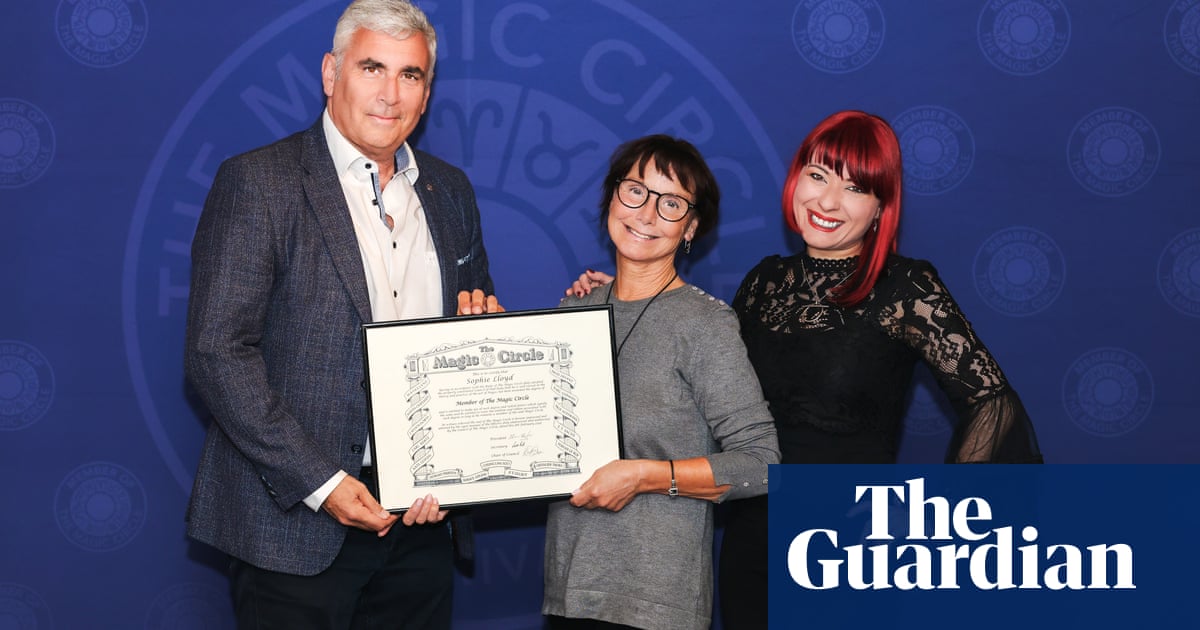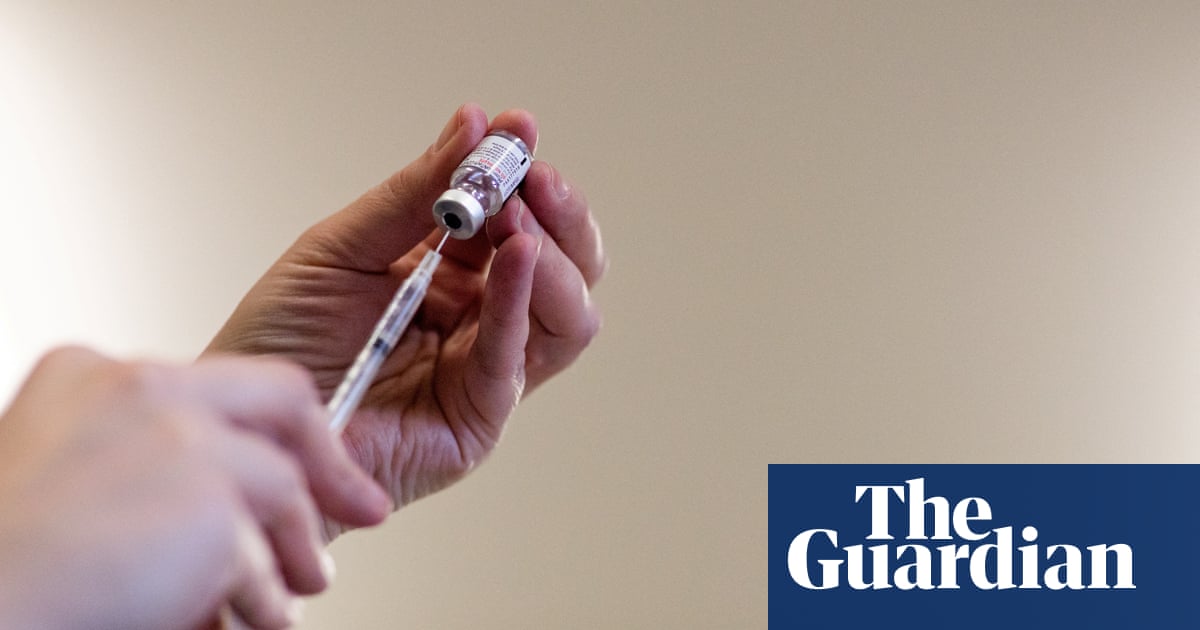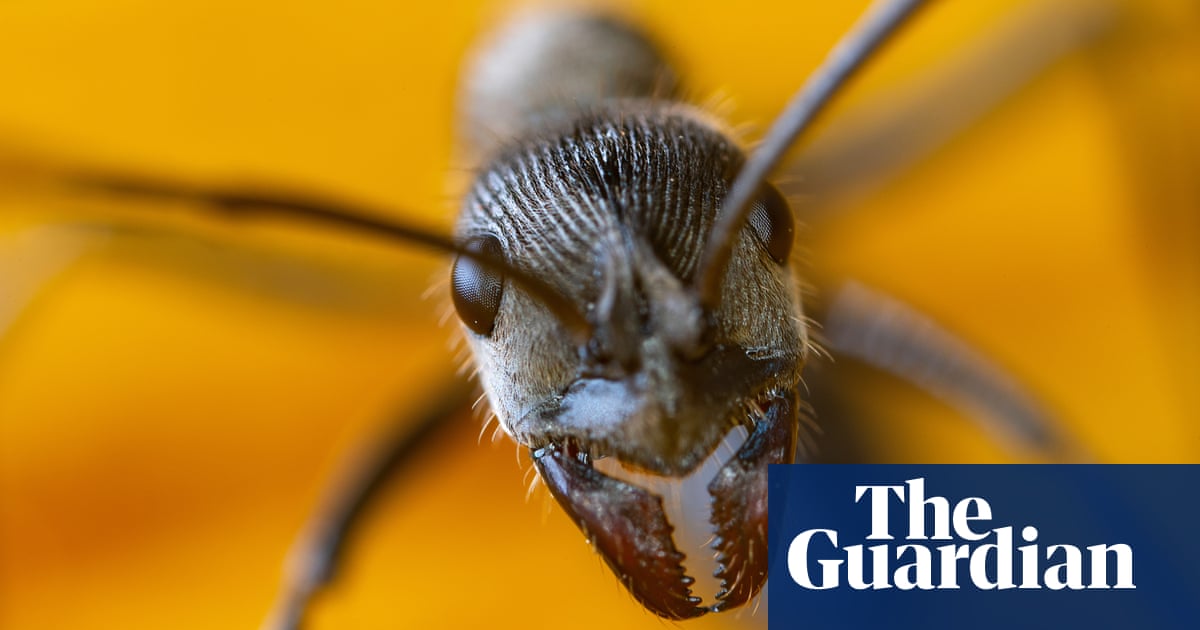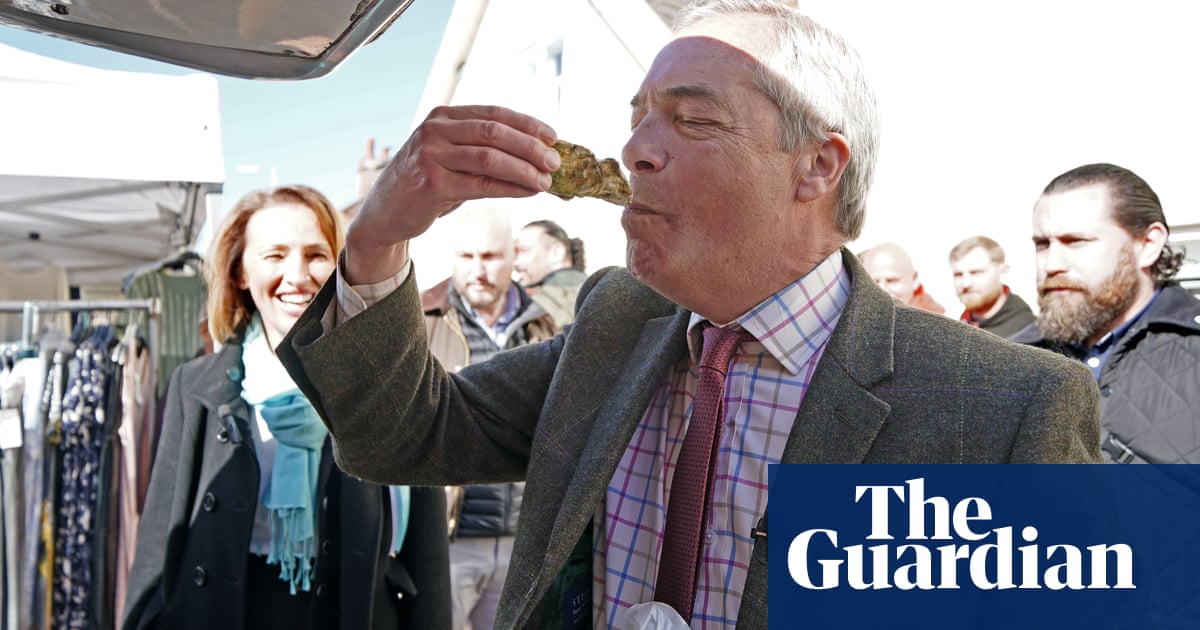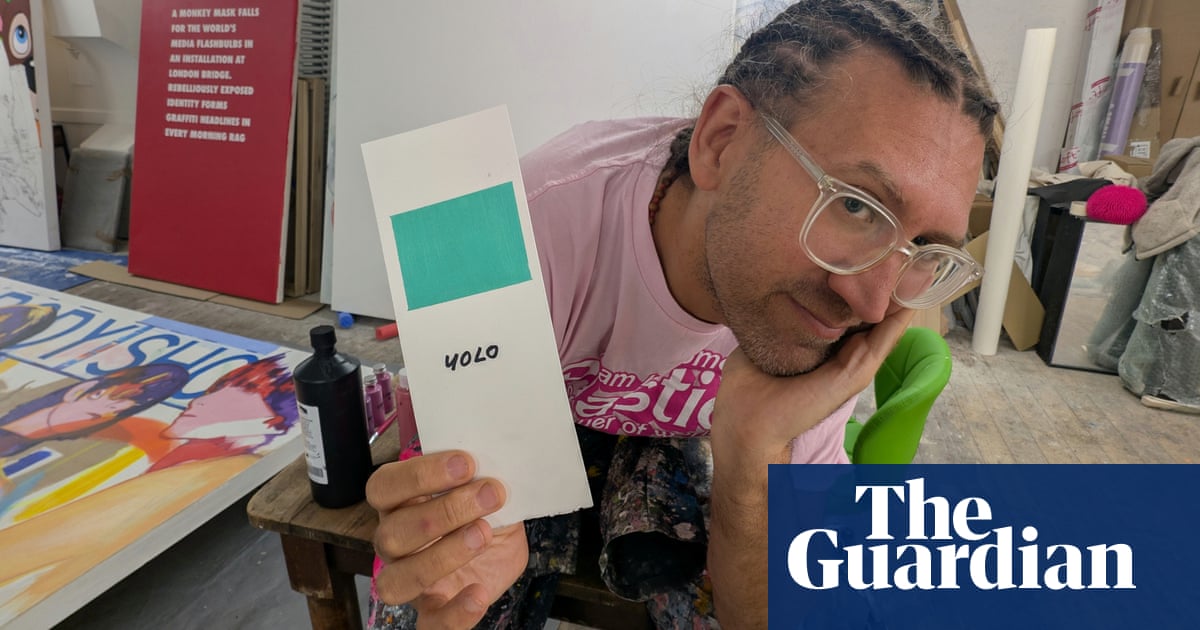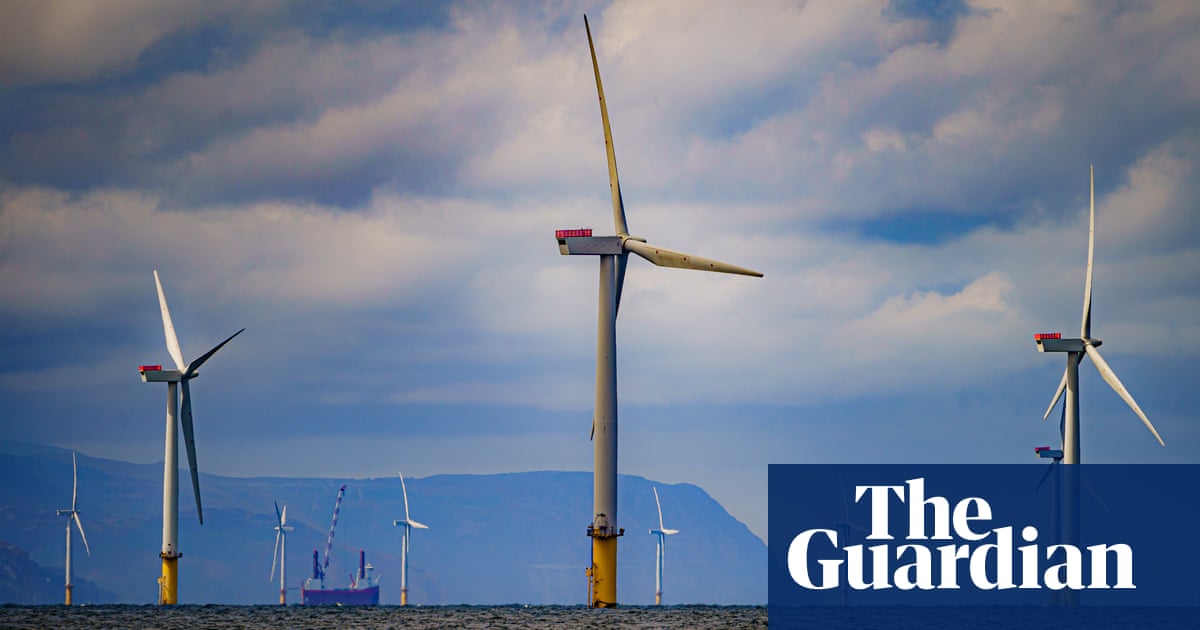The University of Cambridge risks “losing unbelievable talent” owing to a drop-off in funding for PhDs, the vice-chancellor has cautioned.
Prof Deborah Prentice, who took over as vice-chancellor in 2023, described PhD students as “the lifeblood” of the university’s research and innovation work, and expressed concern that funding from research councils had “dropped off significantly”.
Her caution came after the chancellor, Rachel Reeves, announced a new partnership with the 800-year-old university, putting it at the heart of the government’s growth agenda, including plans for “Europe’s Silicon Valley” in the corridor between Cambridge and Oxford, which could add £78bn to the economy.
In an exclusive interview with the Guardian, Prentice said she was “thrilled” to be working closely with the government on its industrial growth strategy. On Tuesday the university hosted a visit by the Cabinet Office minister Pat McFadden, who came to see the university’s Dawn supercomputer and discuss how AI could transform public services and healthcare. Prentice then attended a reception at No 10 in the evening.
Prentice said one of her chief concerns for the future was the decline in PhD funding, which had been flagged during talks with the university’s six academic schools and was her “number one priority”.

“PhDs are the lifeblood of so much of what we do here,” she said. “They’re critical to our education mission. They’re the worker bees that power the research mission. They’re critical to our innovation mission. They are the genesis of many a startup company and we’ve got to be able to fund them. We lose unbelievable talent because we can’t fund it.”
Only about 15% of Cambridge’s PhD students remain in academia. The rest go on to power the knowledge economy, she said. “It’s so important for the country, not just Cambridge.”
Prentice, an eminent American psychologist with academic expertise in the study of social norms that govern human behaviour, was provost at Princeton University before she became Cambridge’s 347th vice-chancellor.
After a challenging start in the aftermath of Covid, at a time of high inflation and strikes by university staff, she was hopeful the new partnership with the government would herald a golden era for Cambridge.
The university is situated in one of the world’s largest technology clusters, which is home to more than 5,000 knowledge-intensive companies and the birthplace of innovative businesses that contribute £30bn to the UK economy.
There are also plans for a flagship startup and innovation hub at the centre of the city, modelled on The Engine near Boston and Station F in Paris, which promises to transform the best research ideas from across the UK into the companies of tomorrow.
The vice-chancellor acknowledged the enormous financial difficulties faced by much of the sector and said Cambridge was fortunate to be largely protected by its £4.2bn endowment fund and its income from Cambridge University Press and Assessment. PhD funding would be a priority in the next fundraising campaign.
Prentice’s two other main concerns were the affordability of Cambridge for young academics and maintaining global competitiveness. “Our priorities are our people, our talent. Getting the very best talent that’s going to power this push forward in AI and so many other areas.”
Critics have raised concerns about a gender attainment gap in the awarding of firsts, with men significantly more likely to gain the highest class of degree, which Prentice described as shocking. Oxford has a similar problem.
In the 2023/24 academic year, Cambridge averaged a 9.2 percentage point gap favouring men. This is in stark contrast to the UK higher education sector as a whole, where women are generally more likely to achieve first-class honours and upper seconds.
“It’s shocking, right?” she said. “It’s not necessary. So that means that we have to look closely at it and we have to understand how it’s being produced. Our starting assumption is that it must be something about the way the determination is made.”
Prentice was, however, relaxed about criticism of her pay package for her first year at Cambridge. At £577,000, including salary and relocation costs, it was among the highest received by Russell group vice-chancellors. “I make a lot less than I made in the US, and I wasn’t even head of an institution in the US, right?” she said.

.png) 2 months ago
21
2 months ago
21


